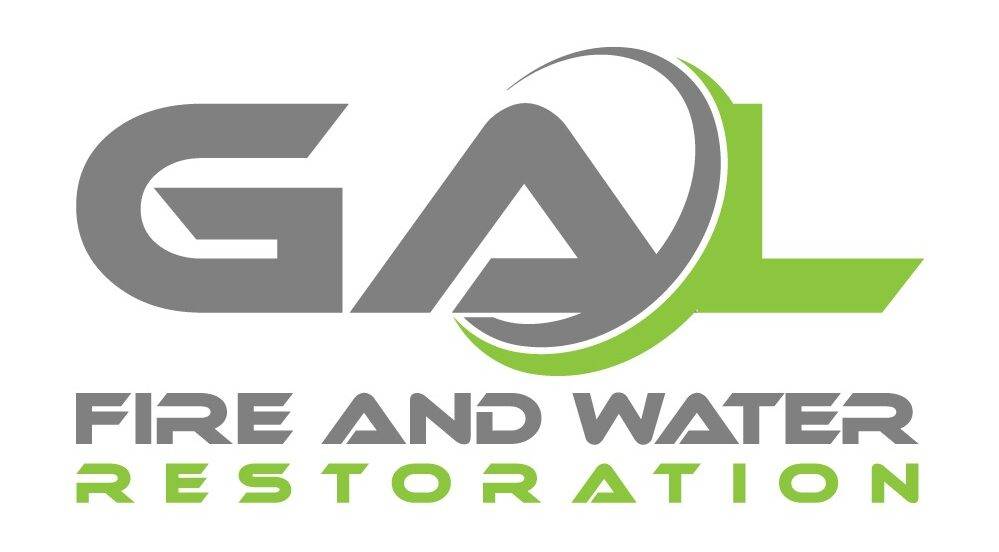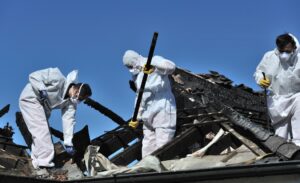Water damage can strike unexpectedly, causing significant harm to your property and finances. However, adopting preventive measures can substantially reduce the risk of water-related disasters. Understanding these precautions and implementing them in your home maintenance routine can safeguard your property against potential water damage.
Regular Inspections and Maintenance
Plumbing Systems:
Regularly inspect pipes, faucets, and plumbing fixtures for leaks, corrosion, or signs of wear. Replace any deteriorating components promptly to prevent water leakage.Roofing and Gutters:
Check your roof and gutters regularly, especially after storms. Ensure gutters are clean and free of debris to prevent water buildup that can lead to roof leaks or structural damage.
Appliance Maintenance
Washing Machines and Dishwashers:
Inspect hoses and connections for wear or leaks. Replace them if necessary, and avoid overloading machines to prevent leaks or bursts.Water Heaters:
Regularly check for leaks or signs of corrosion on your water heater. Consider a professional inspection annually to ensure its proper functioning and prevent potential leaks.Proper Insulation
Pipes:
Insulate exposed pipes, especially in colder climates, to prevent freezing and subsequent bursts during winter months. Adequate insulation protects against costly water damage.Monitoring and Early Detection
Leak Detection Systems:
Install water leak detection devices that can alert you to potential leaks or pipe bursts. Smart technology devices can notify you remotely, allowing for timely intervention.Water Pressure Regulation:
Maintain moderate water pressure in your plumbing system. High pressure can stress pipes, increasing the likelihood of leaks or bursts.Emergency Preparedness
Shut-Off Valves:
Know the location of main shut-off valves for water supply in case of emergencies. Educate household members on how to turn off water sources.Emergency Kits:
Prepare an emergency kit with essential tools and materials to handle minor leaks or water emergencies until professional help arrives.Emergency Kits:
Prepare an emergency kit with essential tools and materials to handle minor leaks or water emergencies until professional help arrives.Professional Inspections
Regular Professional Check-Ups:
Consider scheduling annual inspections by a qualified plumber or water damage restoration professional. Their expertise can identify potential issues early on, preventing significant damage.Conclusion
Water damage prevention is an essential aspect of homeownership. Implementing these preventive measures not only minimizes the risk of water-related disasters but also saves you from the stress and financial burden associated with extensive repairs. By staying vigilant, maintaining your home, and being prepared for emergencies, you can effectively protect your property against the damaging effects of water.



